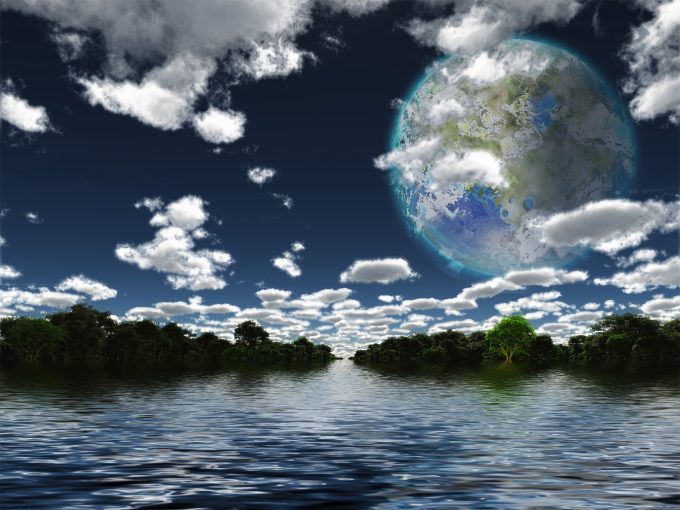Increasing scrutiny could stall rise of ecommerce platforms, as TikTok faces US ban
The Loadstar has launched a series of reports on the ecommerce sector, which has been driving growth ...

Anyone who’s seen Apollo 13 – either the Tom Hanks movie, or the four days of news footage that followed the real crew’s safe return to Earth after an oxygen tank exploded – may question the economics behind founding human colonies on the planet’s biggest satellite.
By the time of the third manned mission to the moon, TV ratings had plummeted, with only the subsequent accident reigniting public interest. But Amazon boss Jeff Bezos appears unperturbed by this antipathy towards lunar travel and has sought to convince NASA and the Trump administration to back plans to build colonies, and create incentives for the private sector to develop commercial lunar cargo delivery services. According to a white paper obtained by The Washington Post, Mr Bezos has even identified a landing site near Shackleton Crater, which boasts near continuous sunlight, providing solar energy, as well as plentiful water and ice.
Etail by air – here to stay or on a short shelf life?
HMM sees opportunities in Hapag-Lloyd’s exit from THE Alliance
How crazy is this: DSV goes hostile on Expeditors or CH Robinson?
Liners unveil Asia-Europe FAK price hikes to arrest steady rate decline
Legal battle heats up over 'unseaworthy' and 'reckless' MV Dali
Another strong month for US ports as container flows continue to rise
DSV chief reticent on Schenker: the focus on growing market share
Alex Lennane
email: [email protected]
mobile: +44 7879 334 389
During August 2023, please contact
Alex Whiteman
email: [email protected]
Alessandro Pasetti
email: [email protected]
mobile: +44 7402 255 512

Comment on this article